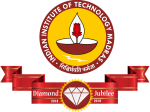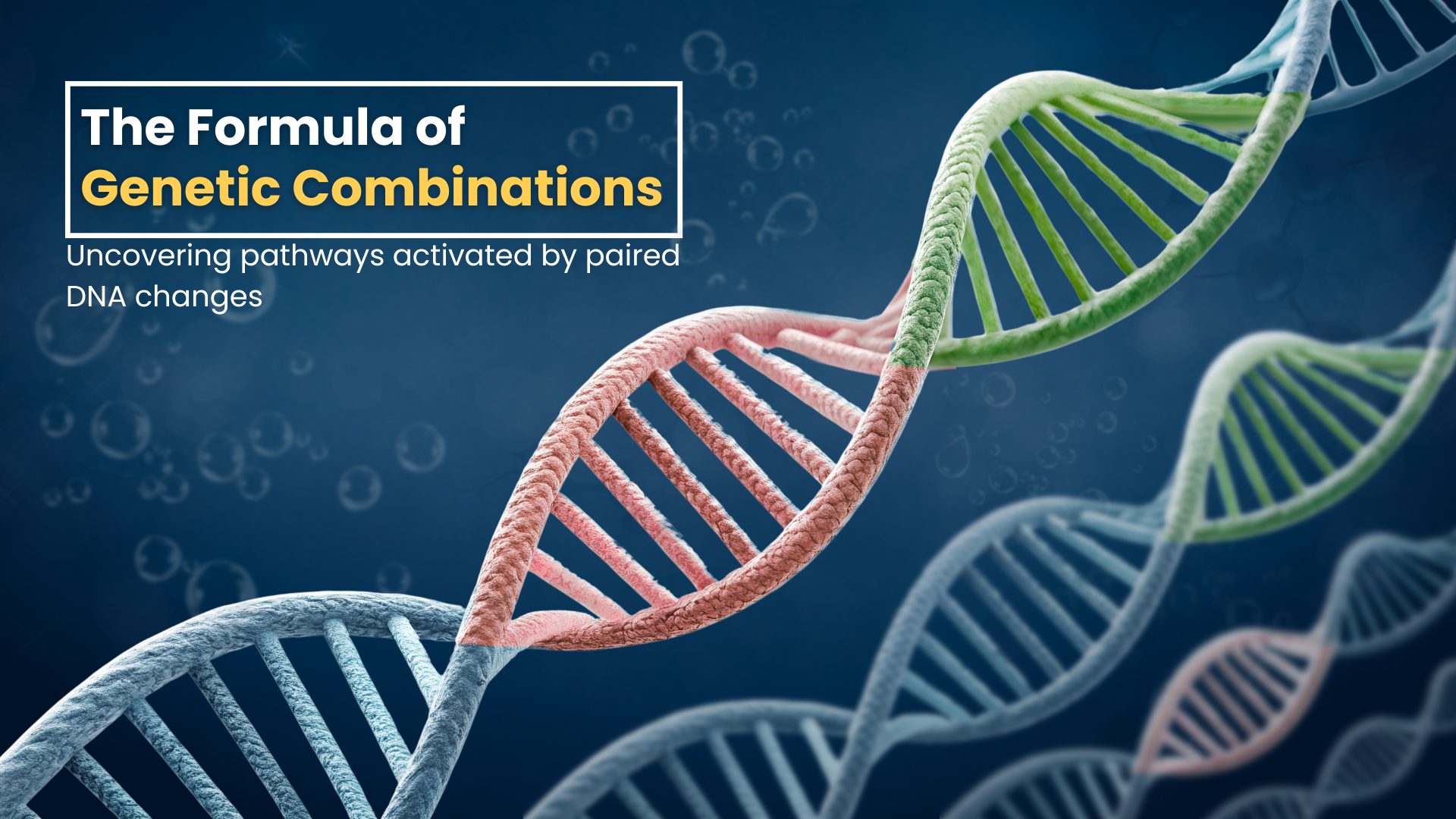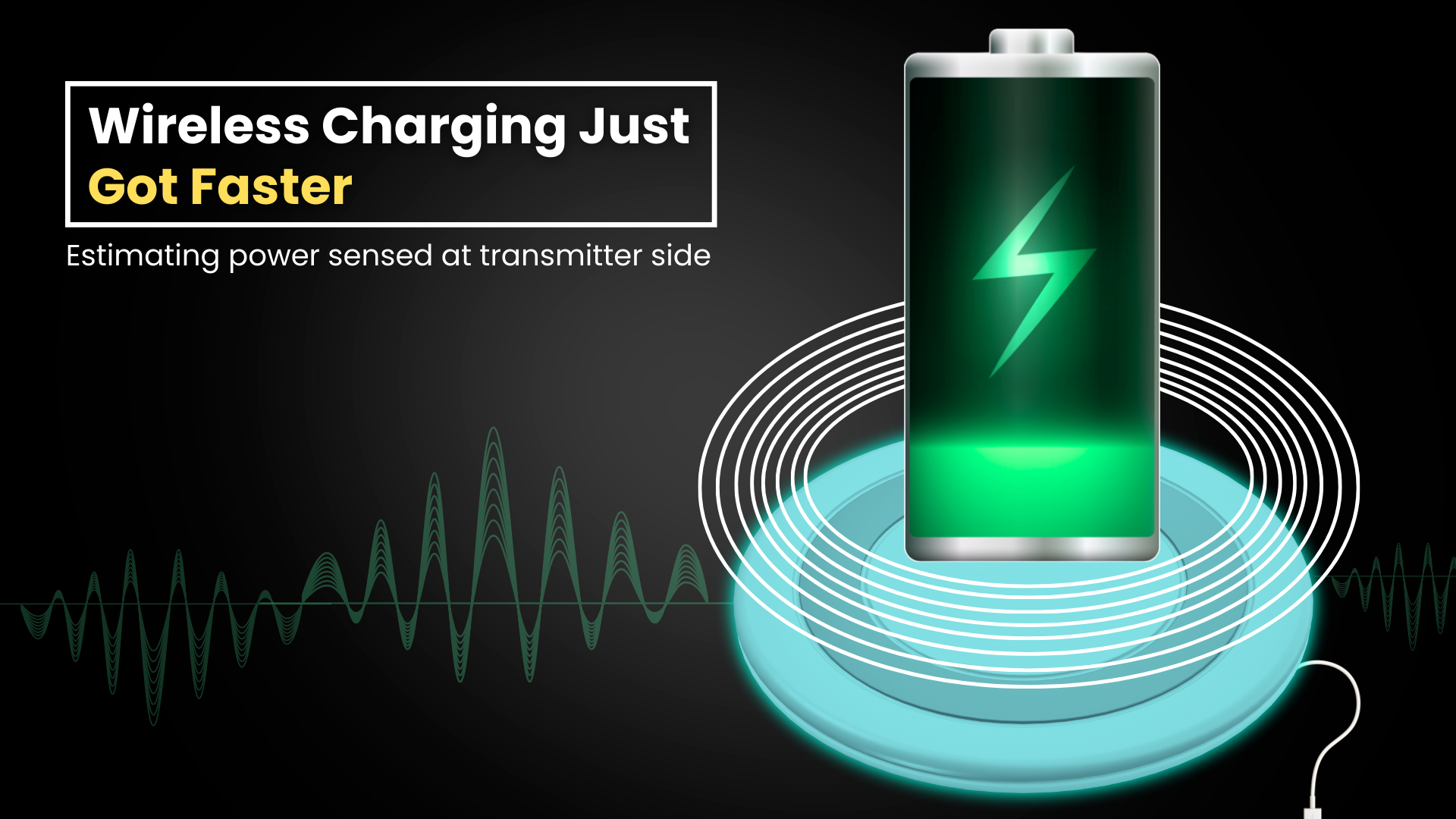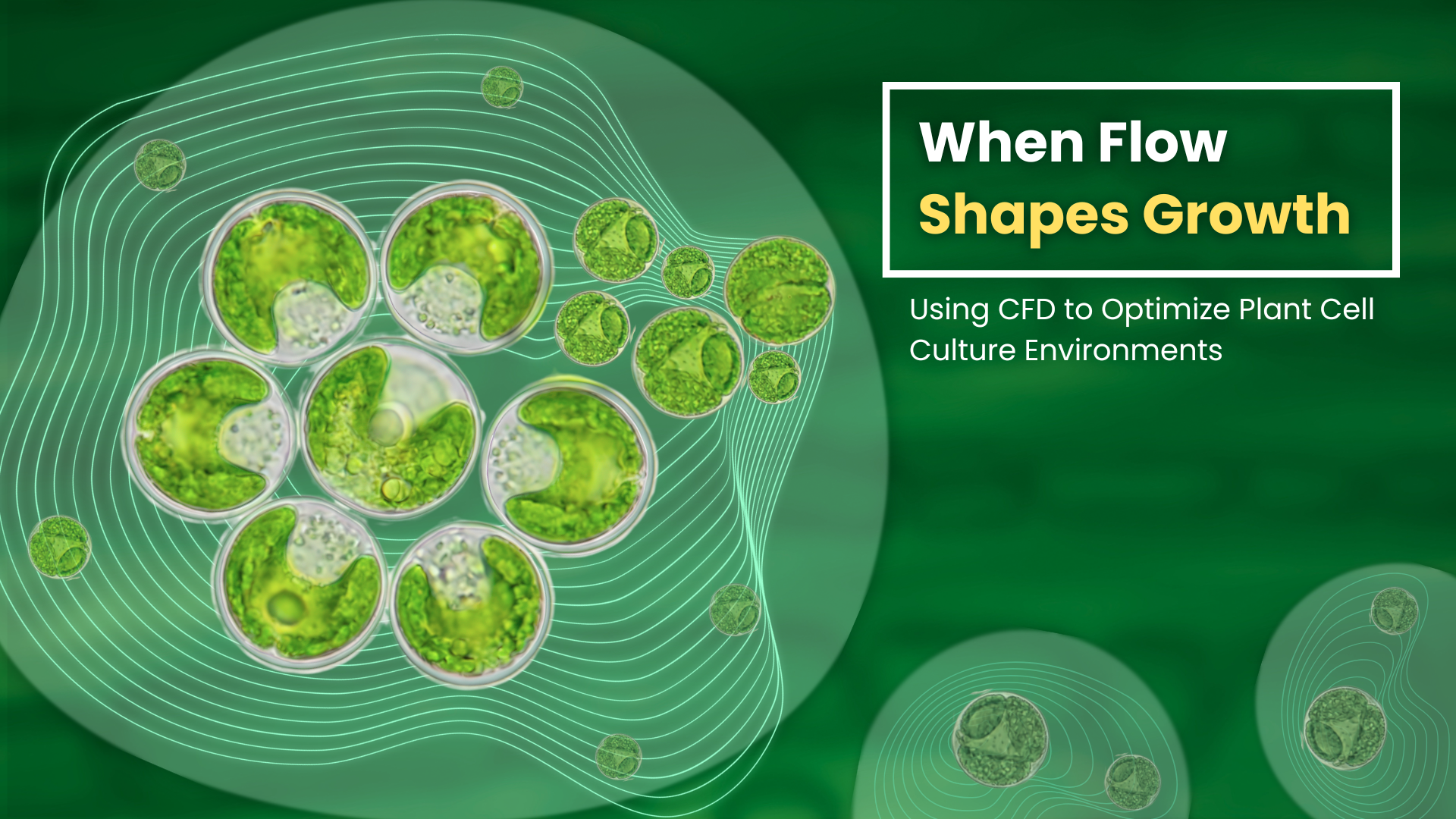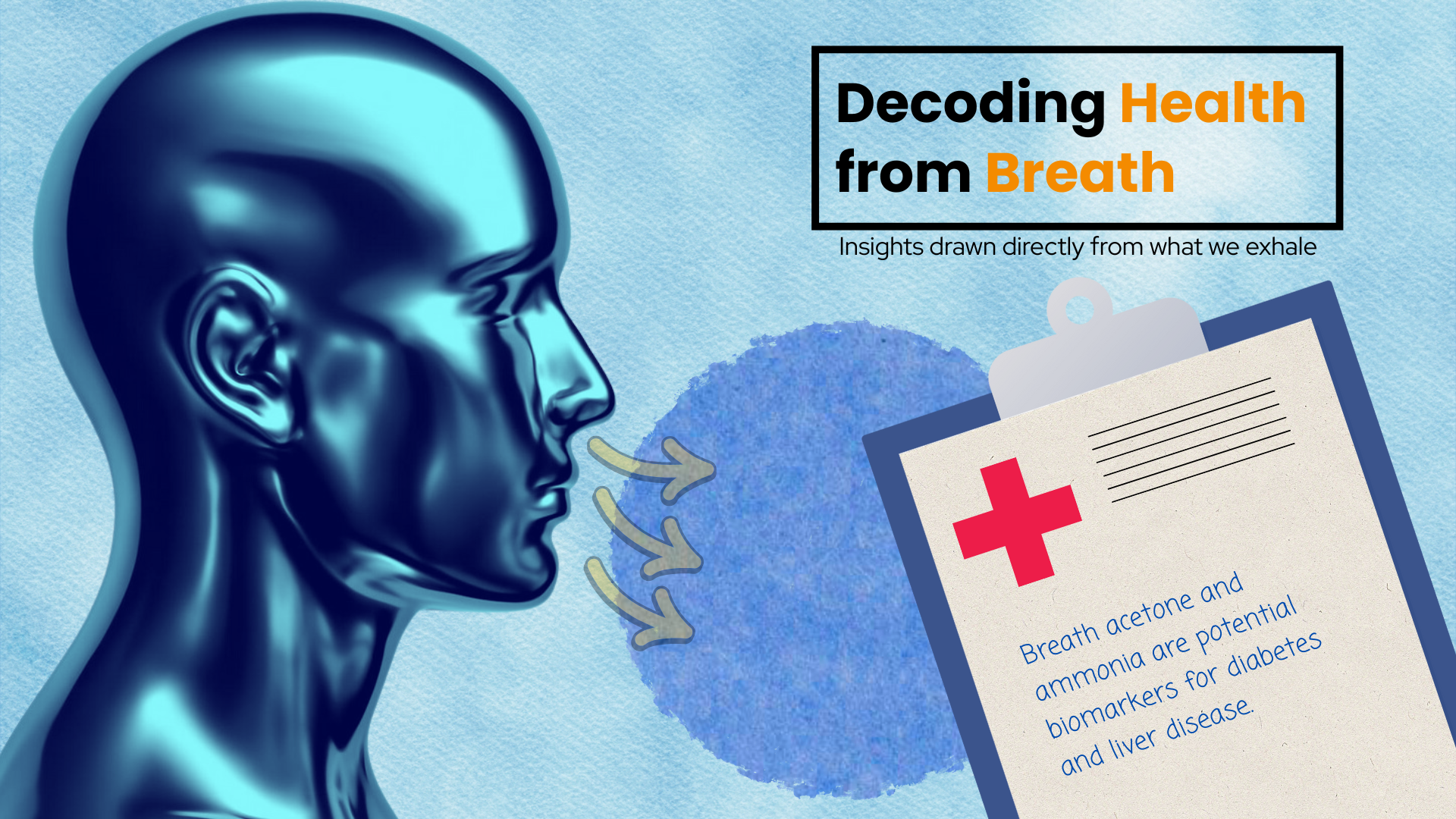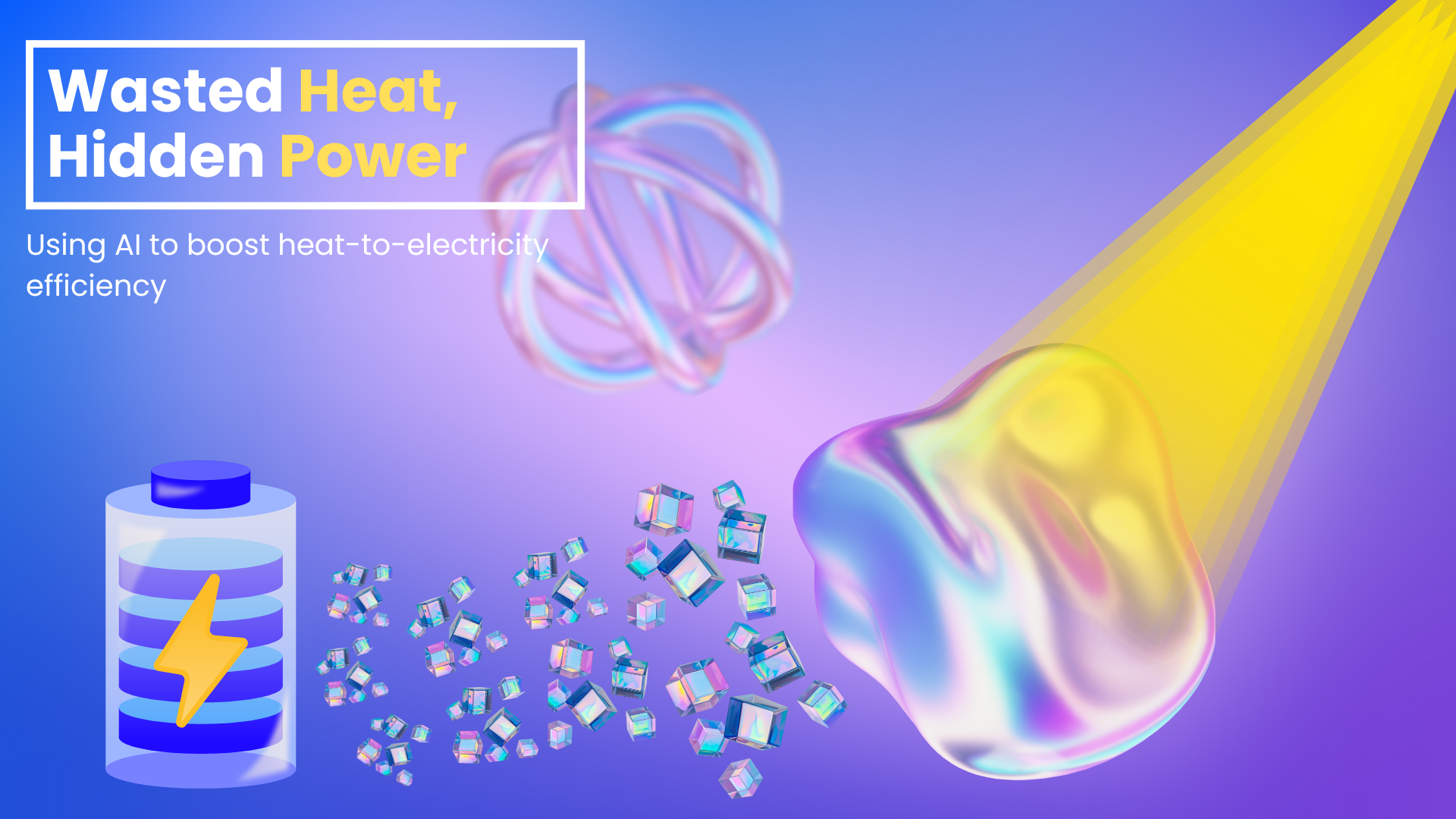
Ever wondered, your immune system can harm your own body and damage organs and nervous system, instead of protecting them? Well, that’s what has been observed in many patients suffering from the Coronavirus Disease 2019 (COVID 19).
Scary, right? Why and how does this happen? Why is the body’s greatest saviour paving the way to its own graveyard? Well, to answer that, researchers working in the team of Dr. Vani Janakiraman’s lab point towards some novel kind of enemies that play a key role in initiating neurological and thrombotic conditions, concomitantly with COVID 19. These enemies mislead the immune system, guiding our antibodies to attack our body’s own proteins perceiving them as foreign and harmful particles. Such medical conditions are called Autoimmune diseases.
Disorders affecting the brain, nerves and the spinal cord are classified as neurological disorders while thrombosis occurs when blood clots block an individual’s blood vessels.
But, isn’t COVID 19 just a ‘stand-alone infectious respiratory disease’? “To our surprise, ‘not always!’ ”, answered Dr. Vani Janakiraman from the Department of Biotechnology at IIT Madras, who guided the recently published study. “After accumulating sufficient evidence of multi-organ damage and autoimmune conditions occurring post SARS-CoV-2 infection, it has been re-evaluated and redefined to be more than just a flu” she added.
What’s happening with the patients suffering from the COVID 19? How does COVID 19 give rise to these autoimmune conditions?
Well, to understand this, let’s first enlighten ourselves, about the functioning of our body’s immune system.
Immune system in our body is made up of special cells, organs and proteins that fight harmful substances, foreign microbes and cellular changes in order to protect our body from infections and diseases. When our body senses any foreign particles called ‘antigens’, the immune system recognizes them and starts producing ‘antibodies’ – proteins to lock and destroy those antigens. The part of the antigen to which the antibody attaches itself is called an epitope.
The immune system remembers how to produce these antibodies even after overcoming a disease, in case we have to fight those same antigens again. This is why we rarely get sick due to the same pathogen twice. To keep our body healthy and protected, vaccines are administered to introduce new antigens. These vaccines strengthen our immune system, elicit antibodies and create a memory of the antigens. This is achieved without actually introducing a live pathogen or intact disease-causing agent. Thus, when actual live pathogens or intact disease-causing agents enter our body, the immune system fights them off more efficiently, by using instructions stored in its memory.



Patients infected with SARS-COV-2, develop specific antibodies within their body, that help overcome the disease. But, some antibodies developed among them are mistakenly attacking patients’ own useful proteins, giving rise to what doctors call – autoimmune conditions. Such antibodies are called ‘autoantibodies’ and the body’s proteins being attacked are called ‘autoantigens’. Dr. Vani Janakiraman from the Department of Biotechnology, IIT Madras, with two of her students Ms. Mugdha Mohkhedkar (an undergraduate student) and Mr. Siva Sai Krishna Venigalla (who is currently pursuing PhD at UT South Western) speculated a role of autoantibodies in multi-organ damage occurring post SARS-COV-2 infection. A possible mechanism for the same is – molecular mimicry.
Molecular mimicry occurs when the causative virus’s epitopes are similar to host proteins, and hence antibodies elicited against such viral epitopes can attack the similar human proteins. Incidences of various viruses leading to autoimmune disorders have been reported previously. The team identified and reported four such human proteins mimicked by viral epitopes and possibly being attacked by autoantibodies in COVID 19 patients with neurological damage.
“HSP90AB1, HSPA5, Titin and Ryanodine receptor 2 are the four proteins found to function as autoantigens in COVID 19 patients showing neurological symptoms and autoimmune disorders” highlighted Ms. Mugdha Mohkhedkar. “Among these four autoantigens, three (HSPA5, Titin and Ryanodine receptor 2) have never been reported before, in the context of COVID 19”, she added.
HSP90AB1 is the autoantigen involved in the Guillain Barré syndrome. In this rare syndrome, a patient’s immune system attacks its own body’s nerves. HSPA5 autoantigen is associated with a central nervous system’s disorder called Neuromyelitis optica, that primarily affects the eye nerves and the spinal cord. Titin and Ryanodine receptor 2 autoantigens are involved in Myasthenia gravis, a long term neuromuscular disease leading to skeletal muscle weakness.
How did researchers identify these four autoantigens?
“Through a literature review, we created a library of known epitopes on SARS-CoV-2”, Ms. Mugdha told. “Using the bioinformatics tools called BLASTp (Protein Basic Local Alignment Search Tool) and Open Targets Platform, we compared the experimentally verified viral epitopes with the human proteins previously known to be involved in various autoimmune diseases”, she explained. “Human proteins with amino acid sequences similar to those of viral epitopes were identified as possible autoantigens”.
Are these findings and knowledge sufficient to cure the COVID 19 patients developing autoimmune conditions?
“No. But we have embarked on that road,” said Dr. Vani. “Further experimental tests and monitoring of serum antibodies are required for confirming our proposed autoantigens in COVID 19 patients. If confirmed experimentally, our findings will support the hypothesis of autoimmunity via molecular mimicry, triggered by SARS-CoV-2 infection and causing multi-organ damage”, she added.
“This would greatly help in the better management and understanding of the observed autoimmune reactions, post SARS-CoV-2 infection. It would also aid in selecting the vaccine constituents to bypass the undesirable autoimmune consequences of vaccination. It could also facilitate the quality aspects of Plasma Therapy, and monitoring of multi organ manifestations of COVID 19” the team quotes, highlighting the implications of their study.
Article by Mywish Anand
Link to the research article:
https://academic.oup.com/jid/article/223/3/536/5959851
